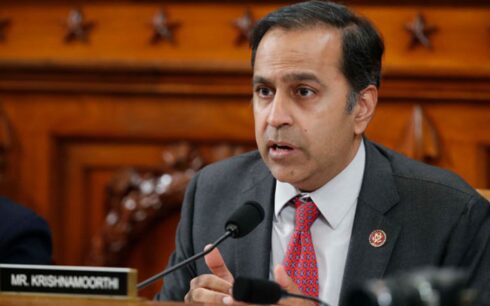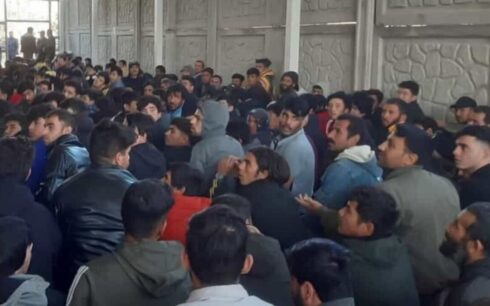Opposition MPs from Canada’s parliament on Monday said that the federal government’s approach to aid in Afghanistan will only delay much-needed humanitarian support in the country by taking a more bureaucratic approach than most of Canada’s allies.
After the fall of Kabul in August 2021, aid groups have struggled to provide humanitarian help but have been hampered by Canada’s terrorism-financing laws.
Taliban is a listed terrorist organization in Canada and aid groups fear that providing any humanitarian aid in the country could trigger penalties under those laws.
According to a Calgary Herald report, Canada’s Public Safety Minister Marco Mendicino on Monday appeared before MPs on the House of Commons justice and human rights committee, which is studying the bill. He said the government absolutely recognizes it needs to move quickly.
“There is a humanitarian crisis in Afghanistan. After four decades of conflict, political and economic instability and a global pandemic, The Taliban takeover in August, 2021 has exacerbated an already dire situation.”
Mendicino said the government has to strike a balance with the law.
“We’re making sure that as we create those pathways to deliver that humanitarian aid, that we reduce as much as possible the potential that those Canadian funds will be misappropriated and used to support the terrorist activities of the Taliban,” he told MPs.
The government’s bill sets up an application process for humanitarian groups to apply for when their work tends to be in areas controlled by a terrorist group, giving them an exemption that would allow them to operate.
Other countries have taken broader approaches by simply writing an exemption to terrorist-financing laws for groups working on humanitarian projects.
NDP Heather McPherson said the government was actually making it more difficult for aid organizations with a complex process that need not be this hard.
“Minister you got the balance wrong, you’ve got the balance wrong on this one,” she said. “Ultimately, what this does is it interferes with international humanitarian law.”
Mendicino was asked several times how long it would take for aid organizations to work through the government’s approval process. He didn’t provide a specific timeline, but speaking to reporters after the meeting, he said it would as fast as the government can manage.
“We will work with them to make sure that this process is not unduly burdened by red tape, but is efficient so that we can get that humanitarian aid on the ground so that we can save as many lives as possible.”
Mendicino said humanitarian groups were supportive of the process, but McPherson said they were only supporting the move because they had no other choice.
“You put them in a situation, minister, where they have no option but to be supportive. They waited 18 months for legislation. They’re willing to take the crumbs that you’ve put on the table because we did not come with the right legislation,” she said.
Conservative MP Garnett Genuis said he has the same concerns as McPherson and the government should have moved faster.
“We had an Afghanistan committee that called for these changes a year ago, that, that we haven’t seen anything on it until now,” he said. “I wish the government had acted earlier and I remain concerned about the effectiveness and the efficiency of the regime.”





